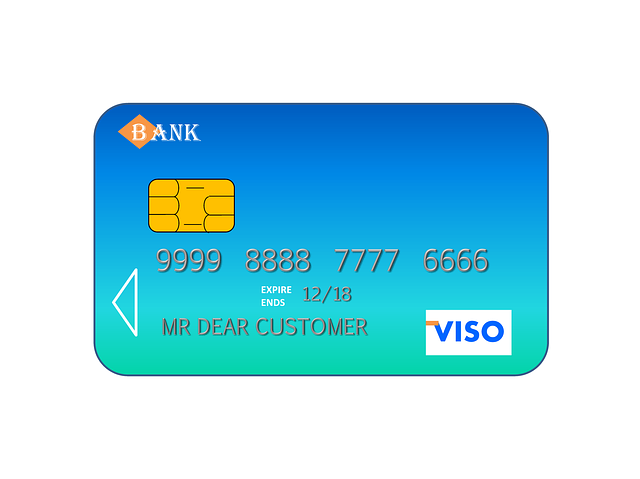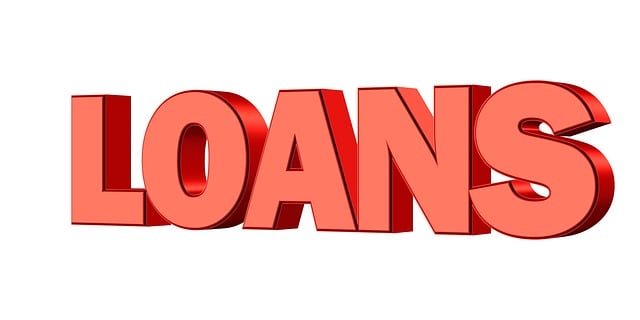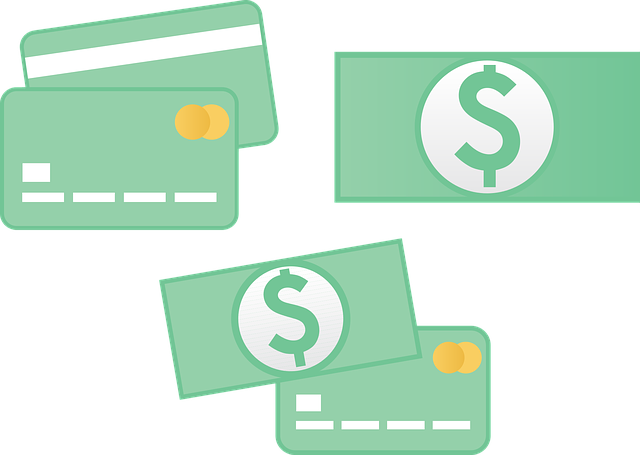Credit card debt consolidation is a powerful tool for low-income individuals struggling with multiple high-interest credit card debts. By combining these debts into one loan with a lower interest rate, it simplifies repayment and saves money on interest charges. Government-backed programs and non-profit organizations offer support through grants, low-interest loans, financial education, and counseling to help individuals regain control of their finances, break free from debt, and achieve long-term financial stability. Key steps include creating a sustainable budget, prioritizing payments, exploring credit repair, negotiating with issuers, and utilizing legal aid services for tailored debt management.
Struggling with credit card debt? As a low-income holder, you have options. This comprehensive guide explores effective relief strategies, from understanding credit card debt consolidation to leveraging government-backed programs and non-profit aid. Learn how to build a sustainable budget, negotiate with creditors, and access legal resources. Discover the best path forward to manage your debt and regain financial control.
- Understanding Credit Card Debt Consolidation: A Comprehensive Guide for Low-Income Holders
- Exploring Government-Backed Programs for Financial Relief
- Non-Profit Organizations and Their Support Services
- Building a Sustainable Budget: Strategies for Effective Debt Management
- Alternative Solutions: Credit Repair, Negotiation, and Legal Aid Options
Understanding Credit Card Debt Consolidation: A Comprehensive Guide for Low-Income Holders

Credit card debt consolidation is a strategic approach for low-income holders to manage their debts more effectively. It involves combining multiple credit card balances into a single loan with a lower interest rate, making repayment simpler and often more affordable. This method can be particularly beneficial for those struggling with high-interest rates and multiple monthly payments, offering a clearer financial path.
Debt consolidation allows users to simplify their finances by replacing several credit card debts with one fixed payment. This process often involves working with a lender or financial institution that offers specialized consolidation loans. By consolidating, low-income holders can potentially reduce their overall debt burden, save on interest charges, and gain better control over their finances. It’s a powerful tool for navigating debt, but it requires careful consideration of personal financial situations and the potential long-term impact on credit scores.
Exploring Government-Backed Programs for Financial Relief

Low-income credit card holders often face a daunting challenge managing their debt, but there’s hope in the form of government-backed programs designed to provide financial relief. These initiatives aim to offer a lifeline to those struggling with overwhelming credit card debt, offering not just breathing room but also opportunities for long-term financial stability. One popular strategy is Credit Card Debt Consolidation, which involves combining multiple high-interest credit card debts into one loan with a lower interest rate. This approach simplifies repayment and can save significant money in the process.
Government programs often facilitate this by providing grants or low-interest loans specifically tailored to assist low-income individuals and families burdened by debt. These initiatives recognize that accessibility to such relief measures is crucial for economic empowerment, enabling beneficiaries to regain control over their finances and pave the way for a brighter financial future.
Non-Profit Organizations and Their Support Services

Non-profit organizations play a pivotal role in assisting low-income credit card holders navigate their overwhelming debt, offering much-needed support and relief options. These organizations specialize in providing financial assistance and guidance to individuals and families struggling with high-interest credit card debt. One of the primary services they offer is credit card debt consolidation. By consolidating multiple credit card debts into a single loan with a lower interest rate, non-profits help reduce monthly payments, making it easier for holders to manage their finances.
Additionally, these organizations often provide education and counseling on budgeting, spending habits, and responsible borrowing, empowering individuals to make informed financial decisions and avoid future debt accumulation. Their support services are crucial in helping low-income earners break free from the cycle of high-interest credit card debt, promoting long-term financial stability and well-being.
Building a Sustainable Budget: Strategies for Effective Debt Management

Low-income credit card holders often face a challenging tightrope walk between managing essential expenses and paying off mounting debt. Building a sustainable budget is a crucial first step in navigating this dilemma. It involves meticulously tracking income, fixed costs (like rent or mortgage), variable expenses (grocery, utilities), and prioritizing payments. This strategy ensures every dollar is accounted for, enabling individuals to allocate resources towards credit card debt repayment without compromising basic needs.
Effective debt management goes beyond minimizing interest charges; it’s about gaining control over financial situations. Credit card debt consolidation is one approach that can simplify the process. By combining multiple high-interest credit card balances into a single loan with a potentially lower interest rate, individuals can streamline payments and save money on interest expenses. This, in turn, frees up cash flow to focus on paying down the consolidated debt more aggressively.
Alternative Solutions: Credit Repair, Negotiation, and Legal Aid Options

For low-income credit card holders struggling with debt, exploring alternative solutions is a crucial step towards financial relief. One effective strategy is credit repair. This involves reviewing one’s credit report for errors or inaccuracies and disputing them with credit bureaus. Accurate credit reporting is essential for rebuilding one’s credit score, which can lead to better interest rates and more favorable repayment terms in the future.
Another powerful tool is negotiation. Credit card companies often have programs to assist customers facing financial difficulties. Holders can reach out to their issuers to request lower interest rates, extended payment plans, or even debt forgiveness. Additionally, legal aid organizations provide free or low-cost services to help consumers understand their rights and navigate complex financial situations, including credit card debt consolidation. These resources offer a more tailored approach to managing debt, ensuring that low-income individuals receive the support they need to regain control of their finances.
For low-income credit card holders facing overwhelming debt, there’s hope. By understanding options like debt consolidation, leveraging government-backed programs, and exploring non-profit aid, individuals can take control of their financial future. Building a sustainable budget and employing alternative solutions such as credit repair and legal advice are also powerful tools. With the right strategies in place, managing and ultimately reducing credit card debt is achievable, allowing for greater financial stability and peace of mind.

